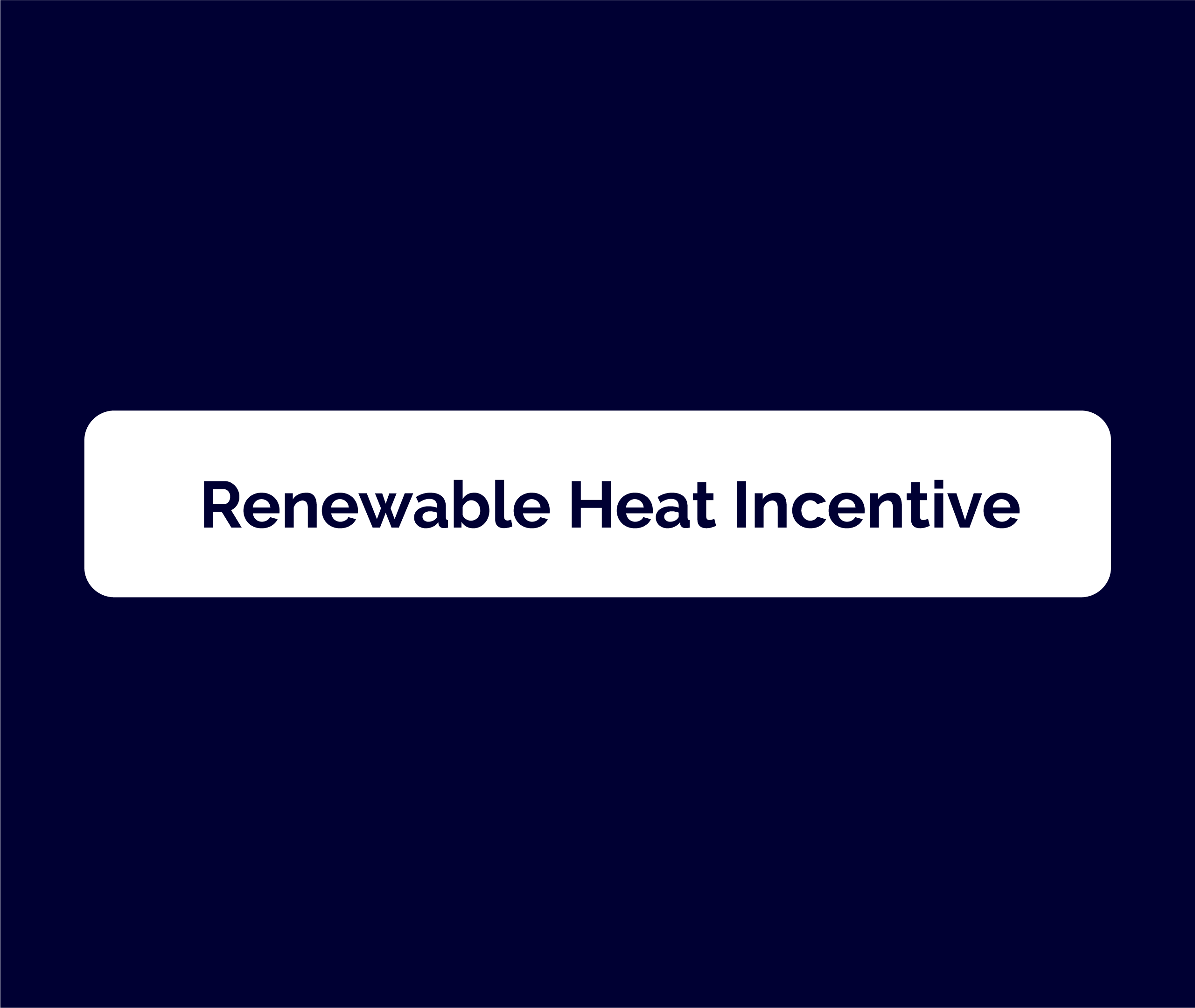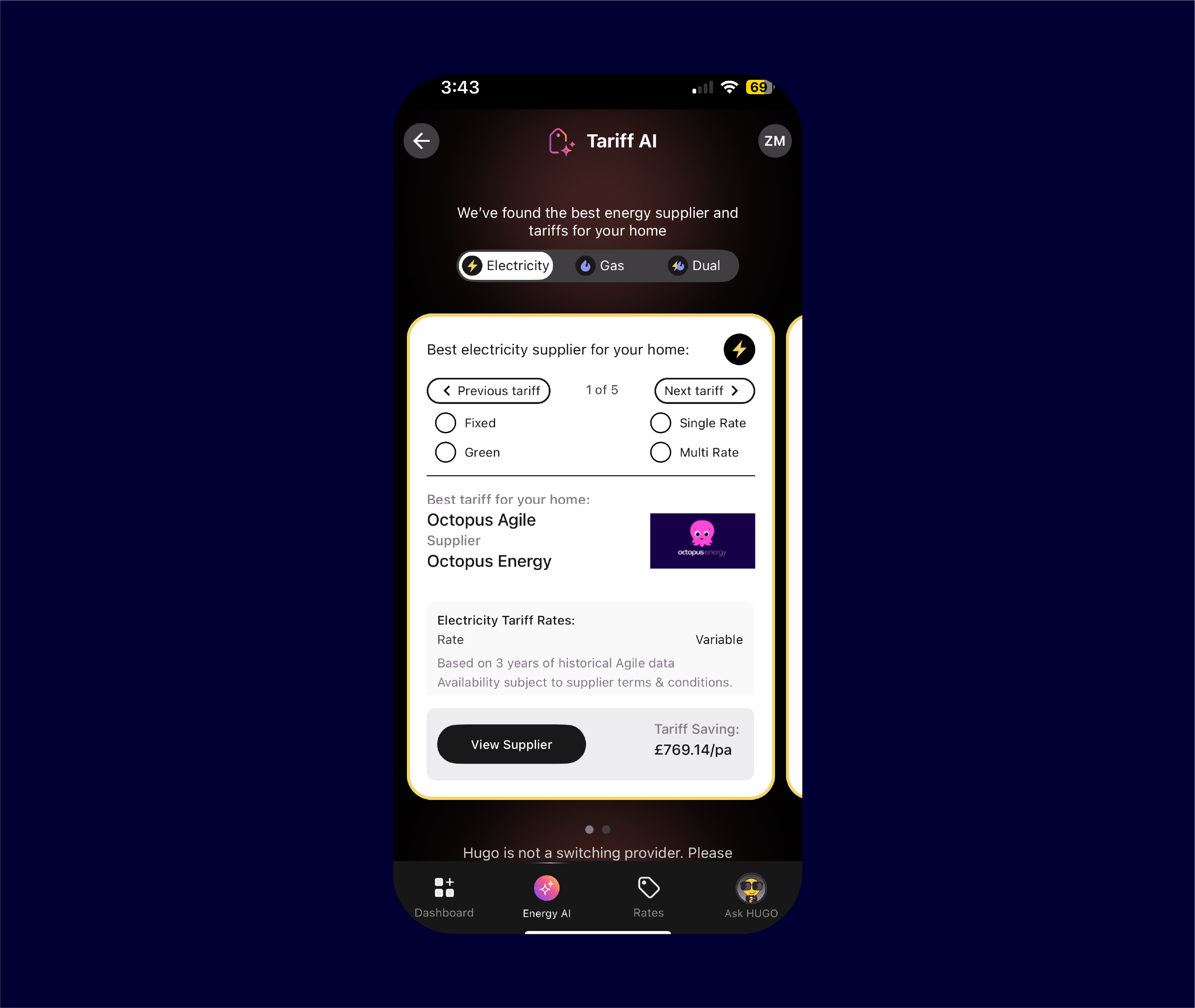The Renewable Heat Incentive (RHI) was introduced in the UK in 2014 as a way to incentivize people to switch to renewable heating methods. Now, there is talk of restarting the RHI scheme, and many people are wondering if it is a good idea. In this blog post, we will discuss the pros and cons of restarting the RHI scheme and give our opinion on whether or not it is a good idea.
What is the Renewable Heat Incentive?
The Renewable Heat Incentive (RHI) is a UK government scheme that provides financial incentives to people who switch to renewable heating methods. The aim of the scheme is to reduce carbon emissions and help meet climate change targets. The scheme was launched in April 2014 and was last closed in March 2022. DRHI’s total lifetime spend by September 2021 was £1,248 million.
There are two types of RHI: domestic and non-domestic. Domestic RHI is for households, and non-domestic RHI is for businesses. The main difference between the two is that businesses can claim back up to 100% of their eligible costs, while households can only claim back up to 70%.
Under the scheme, people who switch to eligible renewable heating methods such as biomass boilers, solar thermal panels and certain heat pumps can receive quarterly payments for seven years. The amount of the payment depends on the type of renewable heat technology used, the size of the property and the amount of heat used.
Why was the Scheme Shut Down?
The scheme was for 7 years from 2014 to March 31, 2021. However, it was extended for one more year due to COVID-19, closing in March 2022. The scheme was shut down as the 7 year time frame had passed since its beginning and had achieved its objective.
The DRHI scheme has delivered significant achievements, and has helped many households transition away from fossil fuels to low carbon heating. 93,857 low carbon installations had been accredited to the scheme as of September 2021. The scheme was replaced by the Boiler Upgrade Scheme.
Even though the scheme is not open for registrations, the Government of the UK is making amendments in the scheme.
Beginning April 1, 2022, wood fuel used for the non-domestic and domestic Renewable Heat Incentives (NDRHI and DRHI) must meet specific standards to improve fuel efficiency and lower emissions of pollutants such as nitrogen oxides and particulate matter. The UK Department for Business, Energy and Industrial Strategy stated that the requirement for all wood pellets used by RHI participants is to meet the ENplus A1 standard, or an equivalent.
Will the Scheme Restart?
As the scheme has officially ended after 8 years, it is not expected to restart. This is because the Government has launched the Boiler Upgrade Scheme to replace the RHI.
The Boiler Upgrade Scheme (BUS) is a UK Government initiative implemented to encourage more people to install low carbon heating systems, such as heat pumps and biomass boilers.This offer is available to both homeowners and owners of small businesses in England and Wales and can cover up to £6000 depending on the type of technology installed.
The Boiler Upgrade Scheme might not be an exact replacement for the Renewable Heat Incentive, but it does provide financial incentives for people to switch to low carbon heating systems.
How Can You Benefit?
If you are thinking of switching to renewable heating, there are a few things you need to know. Firstly, the Renewable Heat Incentive is no longer available, so you will not be able to receive payments for installing eligible renewable heating systems. However, the Boiler Upgrade Scheme offers financial incentives for people who install low carbon heating systems, so this could be a good option for you.
Secondly, it is important to make sure that your chosen renewable heating system meets the standards set by the Government. For example, all wood pellets used for biomass boilers must meet the ENplus A1 standard. If you are unsure about whether your chosen system meets the required standards, you should speak to a qualified installer.
Thirdly, you should also be aware that the Boiler Upgrade Scheme is only available in England and Wales. If you live in Scotland or Northern Ireland, you will not be able to benefit from this scheme.
Despite the end of the Renewable Heat Incentive, there are still options available if you want to switch to renewable heating. The Boiler Upgrade Scheme offers financial incentives for people who install low carbon heating systems, so this could be a good option for you. Make sure you are aware of the standards set by the Government and speak to a qualified installer if you have any questions.











